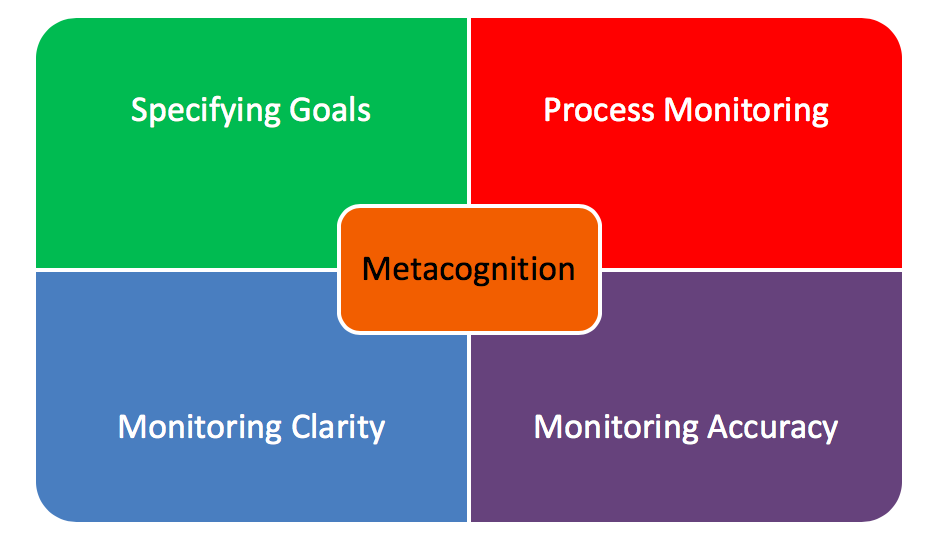CBE Solutions
Your Guided JourneyImplementation Toolkit
Other
Videos
Community videos
personalized competency based education
Overview/Readiness Scale
Learning Tools
Career and Techinical Education
Resources
The Book
Resources
This concept of “student agency” is central to educational conversations as it is provides for equity in our schools and classrooms. “Agency refers to the power to make choices. Students with agency are those who feel a high level of responsibility and ownership for their own learning. Within schools, student agency is often complicated to foster and nurture, as it requires a fairly high degree of individualization and programmatic adaptability. The industrial age approach to schooling is organized around the concept that students will learn the same material, at the same rate, and in the same way. Learning is, in effect, "done to students," rather than students actually doing learning. The move towards organizing around agency is a move towards shifting the locus of control for learning from the educators to the learners”.
We support schools in creating standards driven, teacher developed and student owned processes that promote achievement through the development of a students growth mindset.
Understanding that learning is a process, not an event, we must address the way students approach tasks and give them tools to navigate their learning journey. The reality of learning being fueled by a growth mindset must take into account how students process feedback and enact a strategy to move forward in their learning.

Giving every student the opportunity to learn.
According to the Classroom Interaction Model of Student Engagement, meaningful engagement is most likely to arise when there is an environment with strong, positive student-teacher relationships; when students are interested in and committed to learning the subject matter because it is in some way relevant to them; and when teachers are well-versed in the content so as to maintain the rigor of the material and provide relevant challenges to the students. When students are meaningfully engaged they show a deep interest, involvement and investment in learning, take responsibility for their own learning and support the learning of others.

Value- There needs to be a reason involved with the assignment for them to invest their time in their own progress. Need to connect with their interests.
Commitment - Students need to see the importance of the work in order to be committed to it. Getting them "into" the work creates commitment.
Persistence - Work needs to be challenging (a step above their level) in order for students to complete it. It adds value when they have to think further.
Gratification- Easy/ busy work does not motivate them to try, create a growth mindset!
Essential Question: Knowing that compliance is not enough, how can we as teachers design more engaging lessons/learning environments that promote attention, commitment, persistence, meaning/value?

Continuous Improvement – given clear targets and feedback, students are engaged in self-monitoring, goal setting and strategizing.

When thinking about goal setting with students and their continued engagement toward mastery, both the teacher and learner need to be aware of how they will process the information, with a progression of rigor or deepening understanding, and ultimately how they will use it as a demonstration of their learning.
A learner’s metacognitive system is responsible for monitoring, evaluating and regulating the functioning of all other types of thought. Marzano and Kendall mentions these processes working together to form, the “so-called executive control.” Goal setting is essential for students to “own their learning.”
Specifying goals- this function is executed when the learner determines a specific goal to increase competence and a plan for executing the learning as related to the type of knowledge.
Process monitoring- the learner monitors the effectiveness of the process and procedure to meet the goal that has been identified.
Monitors clarity- an indication to the learner’s dis- position to the knowledge, through their monitoring clarity and accuracy. “Monitoring clarity involves determining the extent to which an individual is free from indistinction and ambiguity about knowledge.”
Monitoring accuracy- determine the extent to which the individual is correct in terms of understanding specific knowledge. The learner will typically check their understanding by seeking out further information.


